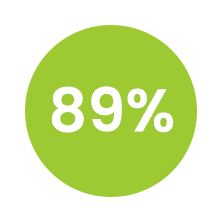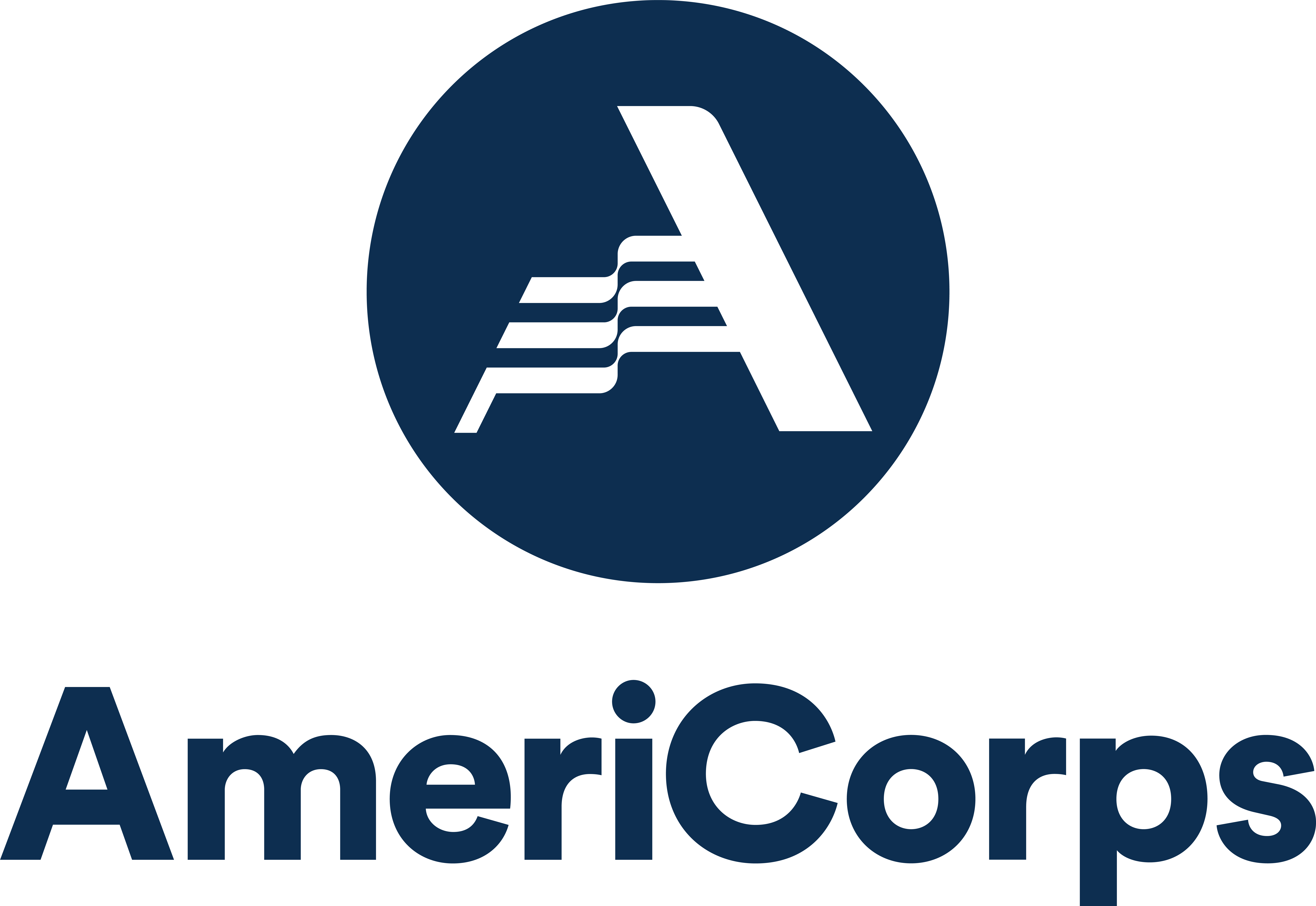Poverty is not pretty. It’s not a glossy brochure where some pretty girls and boys from (what’s that place, again?) smile toothy grins or look up shyly with saucers for eyes. It’s not some noble pursuit, filmed to win an Oscar, revealing the goodness and honesty of the poor. It’s not some instant halo that makes those it claims saints, filled with wisdom and prayer.
The problem we run into as Christians is making “Blessed are the poor…” into an excuse to keep from fighting poverty with all our resources. The problem is making poverty into some romantic image of true spirituality and making ourselves saviors in fighting poverty.
But poverty is mean. It ages you and it starves you and robs you of time and choice. It makes skin wrinkle and shoulders slump. It puts you in the position where you can’t drive a mile to bring your kids to Bible school because you can’t afford the gas that week. It forces you to choose between electricity or gas to get to school; between food and the books you need for that school. Poverty turns people into tribes, worried about “getting mine” and surviving.
Poverty, of course, can mean many things: poverty of spirit, of time, of resources, of compassion. All are troublesome. But I’m not comfortable with saying, “Well, the spiritually poor are worse off. The poor really have it so much better – they have what matters: God, etc.” Usually people who say this aren’t struggling to feed their kids or worried about where they are sleeping at night.
Because honestly, I’ve met poor people who really don’t seem “blessed." Conversely, I’ve met people with material AND spiritual wealth. I’ve met kids who are already criminal suspects, who are angry, who are thieving and conniving. Once, at Christmas, I heard people complain about how people didn’t seem “grateful” for the gifts they received for free. Once, I heard people judge a child whose behavior was unruly, but had understandable causes. Once, twice, eternally I hear those in poverty dehumanized and blamed and held to standards to which we do not hold ourselves.
Those in poverty are not simply objects that we can use to “educate ourselves” or “raise awareness” and feel better about ourselves or gain some insight. Blessed are the poor, not because they have some spiritual power, or some warm smile and platitude to share with us. Blessed are the poor because God is on the side of the oppressed and because the Great I Am chose to be born poor. Cursed are we who fail to remember this.
Lesson Two
You Are A Fool and It’s Not Enough
“You can do anything, but not everything.” – David Allen
I’d like to add to that the following: you can do something. I think young people growing up in my generation have heard it said often that everyone can make a difference in some small way. You can’t do everything – you are only one – but “only ones” add up. The something you do matters. So we buy local, buy fair trade; we abstain from meat, or too many showers; we put in the right light bulbs and volunteer at the right places.
But I think this is a hard statement to live by, this belief that Your Something Matters. It’s hard to live out the belief that you’re Only One-ness matters, but it’s just as hard not to.
That’s the eternal struggle of the volunteer. Volunteer life is not this optimistic rainbow world, not always; in fact, it can be quite a guilt trip. I can leave this poverty, this isolation. And not only do I confront my own privilege as a volunteer, but also the seeming randomness of it all. I believe in God, I must confront God, too. Why, or how, did I end up where I am: born in America, born into a middle class family, born white, born where, when, why I was. [N.B. – Not trying to “privilege whine” like, “Oh poor me, with this privilege,” just exploring all the feelings!] Why did God so seemingly abandon so many kids? I just read the other day: poverty is like punishment for a crime you didn’t commit. This is true, most especially always for children. My God, my God?
But the guilt can’t, and doesn’t, last forever. And that guilt is actually a gift, if you let it be. From this guilt I’ve only expanded my heart, my empathy, my humility. And that’s the special thing about a volunteer. We are fools. For love. For justice. We are fools for Something. And sometimes, we want to do so many Somethings that it never feels enough. We do our work, then step back. We believe we can, and maybe have, made a difference. But we know it’s not enough. We have shifted a world in a small way, but we haven’t ended a child’s poverty, or abuse, or the terrible educational system they are churned through. And soon, someone else will do our jobs. And year after, someone new. And so on and so forth and how long must this go on?
It is not enough. And I – my work, my effort, my tears – are not enough. I could not possibly do enough. I am only one. And yet…still one. And I am from and with and near The One who created it all. And when I realize this, that I alone am not and cannot ever do enough to create the radical change I dream and cry about, when I meditate on this fundamental truth that I am just so infinitely small in the scheme of life, of the universe, of all possible realities, of God – then the fun begins.
Because it’s enough! It’s enough to not be enough. No one expected me to singlehandedly change every child’s life. No one expected me to form The End to Poverty. No one probably even wants to be rescued by me. And this isn’t what the Gospel commands, either, nor the universe. I am called to be myself, but to work beyond myself. To be kind – exceedingly, stupidly kind – and just to the best of my human ability. To be humble and compassionate and interested in the others around me. To be a part the best, most, wonderful, loving little cog in the machine of life that I can be. And that’s enough.
Kate B. is a long-term volunteer at CAP’s Eagle Child and Family Development Center and SPARK (Scholastic Preparation & Arts and Recreation for Kids) program. She is a member of the McCreary Volunteer Community.







